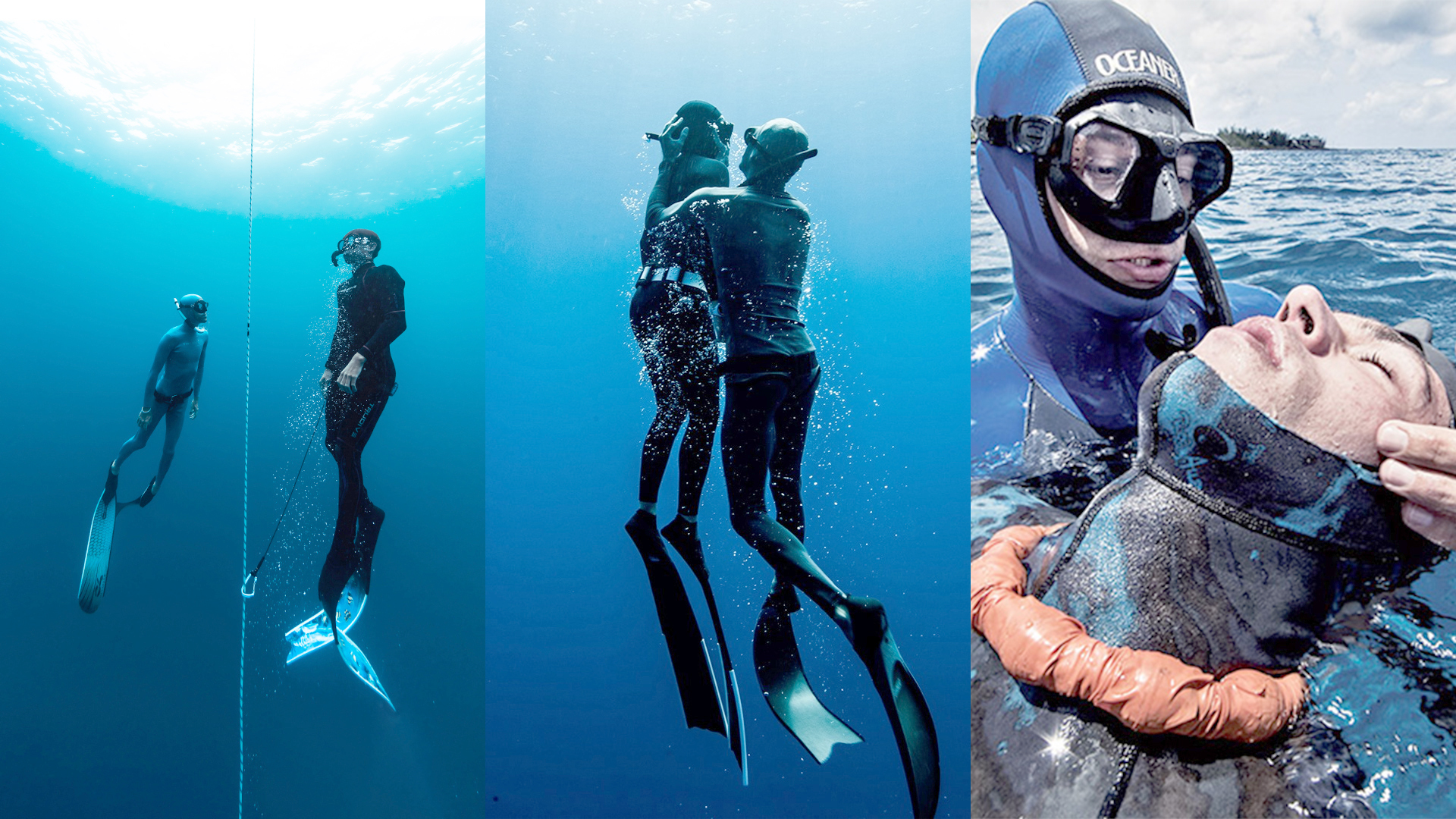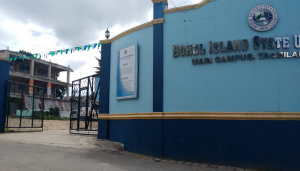NOTE: This PR was first published in the Bohol Chronicle’s Sunday print edition.
Freediving is an exciting sport that combines underwater exploration and holding your breath. But it’s important to remember that safety should always come first. There are potential risks involved, especially shallow water blackouts, which can be life-threatening. Understanding the importance of safety measures and the risks associated with freediving is crucial for a fun and secure experience.
Imagine diving deep beneath the surface, surrounded by the peaceful beauty of the underwater world. Each dive reveals a secret realm filled with vibrant marine creatures and stunning coral formations. Freediving allows you to experience this incredible connection to the vast underwater domain. But in the midst of this captivating journey, it’s crucial to stay aware and prioritise your safety and well-being.
During the ascent part of a dive, shallow water blackouts pose a significant danger to freedivers. As they rise from deep water, the pressure surrounding them decreases, leading to a decrease in the concentration of oxygen in their lungs. If a diver has consumed too much oxygen during the dive, the oxygen concentration in their lungs may become so low that their body cannot effectively utilise it. This can result in a loss of consciousness and potentially lead to drowning. It is crucial for divers to be aware of this risk and take necessary precautions to ensure their safety.
Having a dependable dive buddy is incredibly important for freedivers. A well-trained buddy keeps a close eye on the diver and watches how they respond as they come up. If a shallow water blackout occurs, the buddy can provide immediate help, rescue the diver, and use life-saving techniques like proper breathing and emergency procedures.
There are other risks to be aware of during freediving. Barotrauma is a common problem caused by not equalising pressure in the ears, sinuses, or lungs properly. It can lead to injuries like ruptured eardrums or lung problems. Learning proper techniques, practising equalisation, and seeking advice from experts can help reduce these risks.
Hypoxia is another concern. It happens when a diver holds their breath for too long and doesn’t get enough oxygen. It can lead to confusion, loss of control, and blackouts. It’s important for divers to know their limits, not push themselves too hard, and get proper training in breathing techniques.
To ensure safety in freediving, it’s recommended to get professional training and certifications. Qualified instructors can teach important skills, safety rules, and how to handle emergencies. Divers should stay updated on safety guidelines, practice drills, and know the local diving rules and environmental factors.
In conclusion, freediving is an amazing adventure that lets you explore underwater wonders. But remember, safety always comes first. Learn about the risks of shallow water blackouts, barotrauma, and hypoxia. Take safety measures, have a trustworthy dive buddy, and get proper training. With these precautions, you can have an exciting and safe journey beneath the waves.
If you’d like to learn more about freediving safety, message
https://www.facebook.com/bluefreedomapnea or visit
www.bluefreedomapnea.com
Stay safe and enjoy your underwater adventures!






Be First to Comment